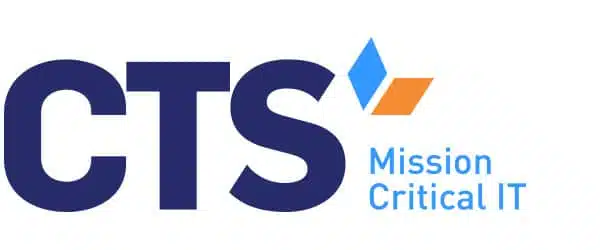In response to the growing reliance of organizations on technology, managed IT has emerged as a solution that allows them to optimize their operations without straining their resources. There are many benefits to managed services that may provide better efficiency, lower IT costs, and easier scalability. It is worth exploring whether managed IT is the right choice for your organization.
Managed IT Services Explained
Managed IT involves outsourcing the management of your organization’s IT infrastructure to a third-party, known as a managed service provider (MSP). The MSP may offer a wide range of IT-related services, or may stay within a certain niche. They will typically operate on a subscription-based pricing model, charging a flat fee each month.
Key Services Provided By MSPs
MSPs may offer many services including and beyond basic IT maintenance. Below are some of the most common:
1. Technical Support Services:
IT support is a core function of many MSPs. They will usually provide 24/7 helpdesk support to address technical issues faced by employees. This may include troubleshooting hardware and software problems, answering IT-related questions, and ensuring smooth operations.
2. Network and Infrastructure Management:
The MSP may design, implement, and maintain your organization’s network infrastructure. This includes managing servers, routers, switches, and other hardware to ensure reliable performance.
3. Cybersecurity:
Security services are a common staple of MSPs. They may deploy advanced cybersecurity solutions, conduct regular vulnerability assessments, and proactively monitor for potential threats.
4. Data Backup and Disaster Recovery:
Your MSP may help you ensure that important data is regularly backed up, and can be quickly restored in the event of a disaster. They may develop and implement disaster recovery plans, to assist with minimizing downtime and data loss.
5. Cloud Services:
Cloud-based solutions and services are commonly provided by MSPs. Your provider may assist with migration, management, and optimization, or provide solutions such as cloud storage.
6. IT Consulting and Strategy:
MSPs often offer consulting services to help businesses develop and implement IT strategies that align with their goals. This will involve assessing your organization’s current IT capabilities, recommending improvements, and planning for future technology needs.
Benefits of Managed IT
Hiring an MSP may provide your organization with many benefits:
1. Cost Savings:
Managed IT services can significantly reduce the costs associated with maintaining your organization’s IT infrastructure. By leveraging economies of scale, MSPs can afford to charge far less than an in-house team. Their monthly fees are also predictable, eliminating unexpected expenses.
2. Access to Expertise:
Managed IT teams are composed of specialists with up-to-date certifications, and training in various areas. This allows your organization to benefit from the latest industry knowledge without paying to train in-house staff.
3. Proactive Maintenance:
MSPs typically use a proactive maintenance model that allows them to identify and solve issues before they can cause disruptions. This approach minimizes downtime and improves system reliability.
4. Improved Security:
Cybersecurity is a critical concern for any organization. MSPs can implement advanced security solutions such as next-generation firewalls, encryption, and security audits to protect against cyber threats.
5. Scalability:
Managed IT offers the flexibility to scale your organization’s IT resources as needed. Many providers allow clients to increase or decrease their level of service.
Choosing an MSP
Selecting the right MSP for your organization’s needs is crucial. Here are some important factors to consider:
1. Experience:
Evaluate the provider’s industry experience. Choose an MSP with a proven track record and positive testimonials.
2. Service Level Agreement (SLA):
Review the SLAs, so that you can fully understand the provider’s response times and commitment to service quality. Ensure that these align with your requirements.
3. Scalability:
Determine how easily the MSP will be able to scale their services to suit your organization’s needs.
4. Security Measures:
Assess the security protocols and solutions implemented by the MSP. Ensure their cybersecurity is sufficient to protect your data and systems.
5. Support and Communication:
Effective communication and reliable support are essential. Select an MSP that offers responsive support and maintains clear communication.
The Right MSP for Your Organization
Managed IT services provide organizations with a cost-effective way to manage their IT infrastructure that may increase security, scalability, and efficiency. By selecting the right MSP, you can ensure that your systems are optimized and downtime is reduced. This will allow you to focus on other core concerns, rather than wasting time and resources on constant IT issues.
CTS has the expertise and experience necessary to manage your IT. Our around-the-clock monitoring ensures that your systems run reliably and efficiently, increasing uptime and security. Explore our managed IT services to learn more about how we can assist you.




